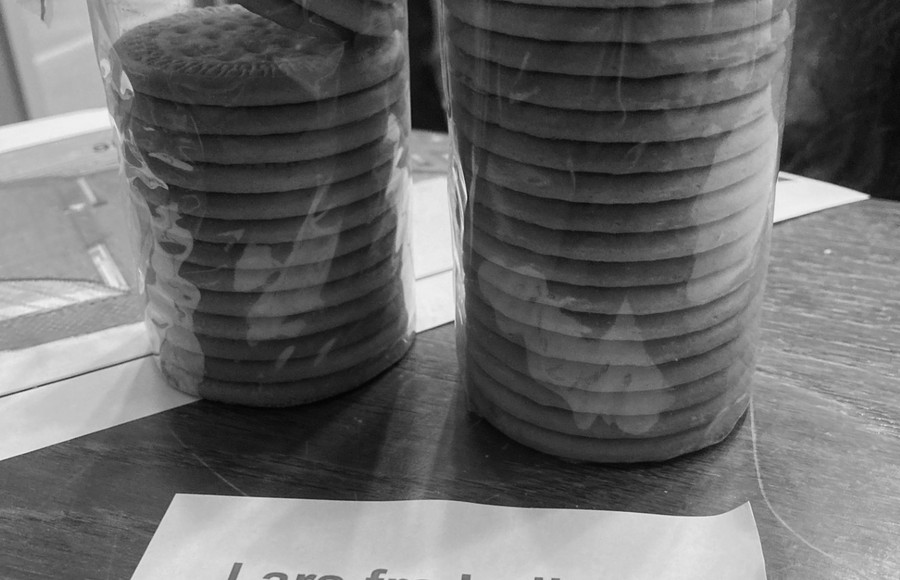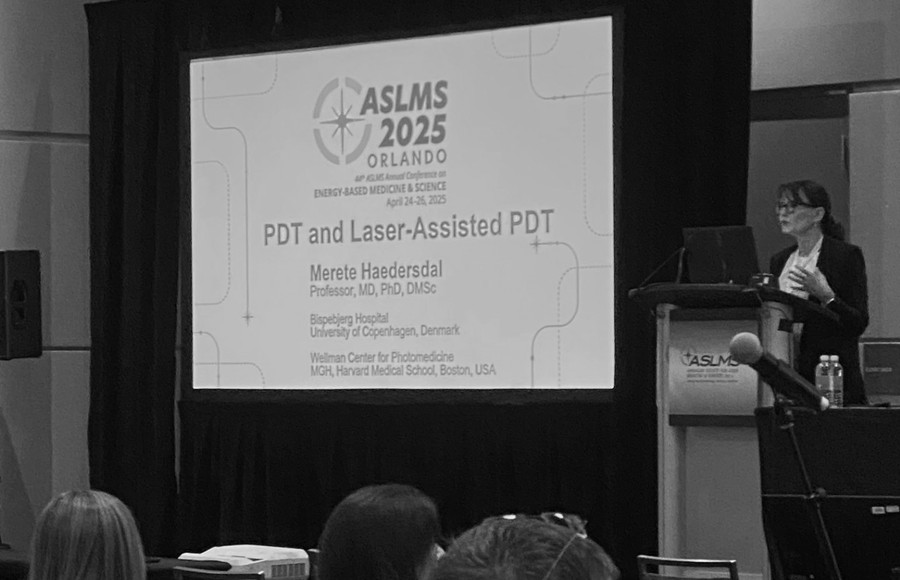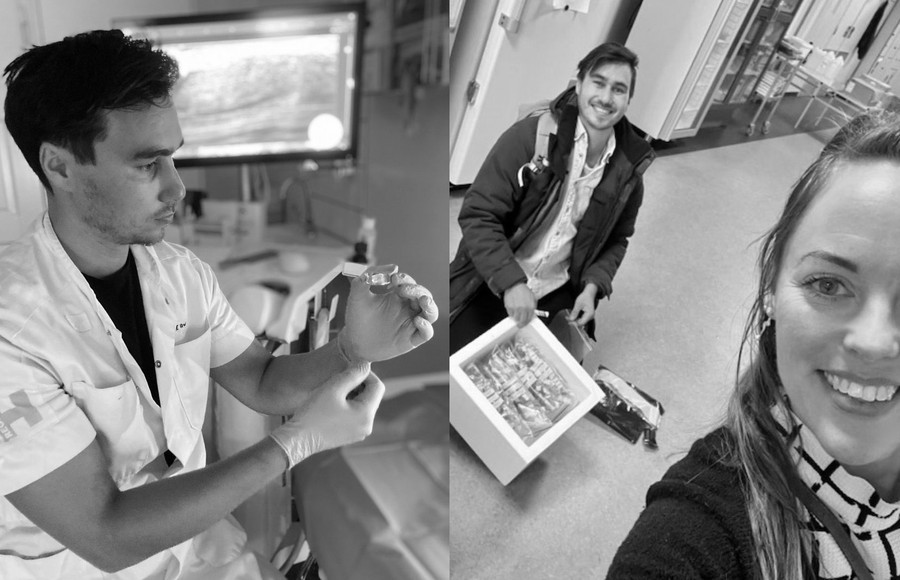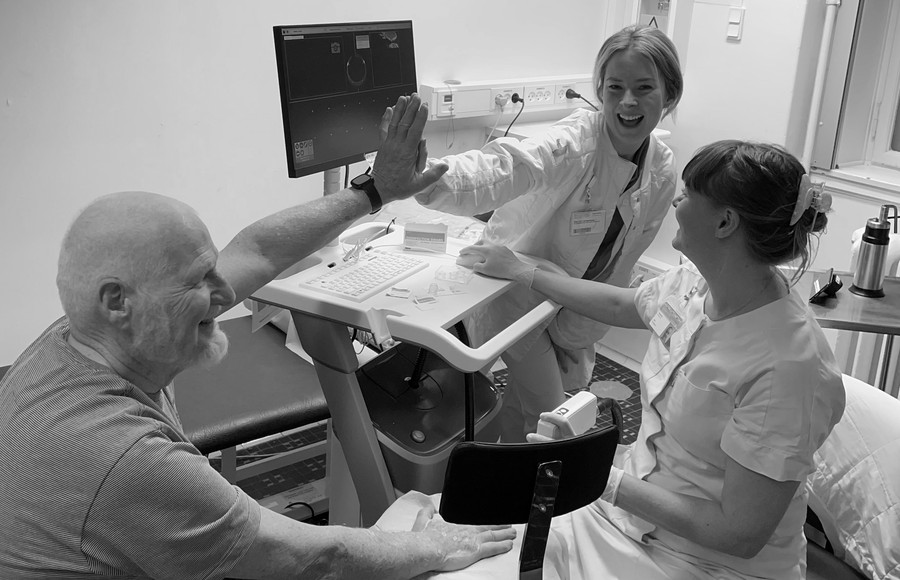Better skin cancer detection: Exploring new innovative methods
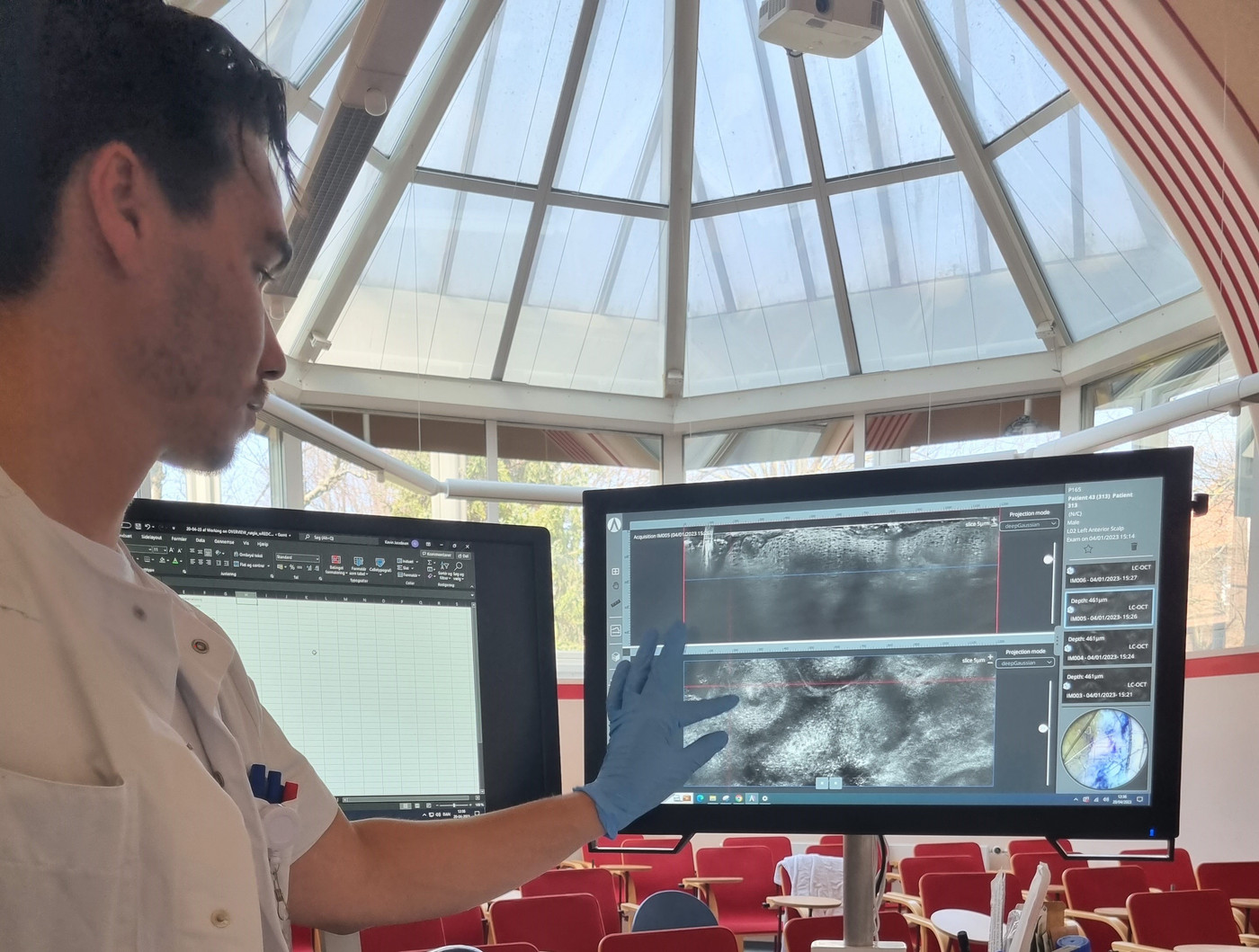
Line-Field Confocal Optical Coherence Tomography (LC-OCT) is an advanced non-invasive optical imaging technique that has the potential to change biopsy procedures conducted in clinical settings. The handheld LC-OCT scanner captures microscopic images of the skin, enabling precise analysis anywhere on the body. With its sensitivity, scar-free application, and same-day image analysis, LC-OCT offers patients the advantage of faster and more accurate diagnoses.
In his PhD study, Kevin Jacobsen investigates the combined potential of LC-OCT and tape stripping in assessing skin cancer. Tape stripping is a non-invasive method that involves collecting biological samples from the skin's outermost layer using tape for subsequent analysis.
By comparing the results obtained from these two non-invasive methods with clinical evaluation, the objective is to enhance the differentiation of various types of skin cancer and potentially identify precursors to the disease. Based on the study's findings, the optimization of treatment for high-risk skin cancer patients could be achieved through early and precise detection, facilitating the development of personalized treatment strategies.
This research project is a collaborative effort between the Danish Research Center for Skin Cancer, the Department of Forensic Medicine at the University of Copenhagen and the Memorial Sloan Kettering Cancer Center. The study is projected to conclude in 2024, followed by the publication of its results.
